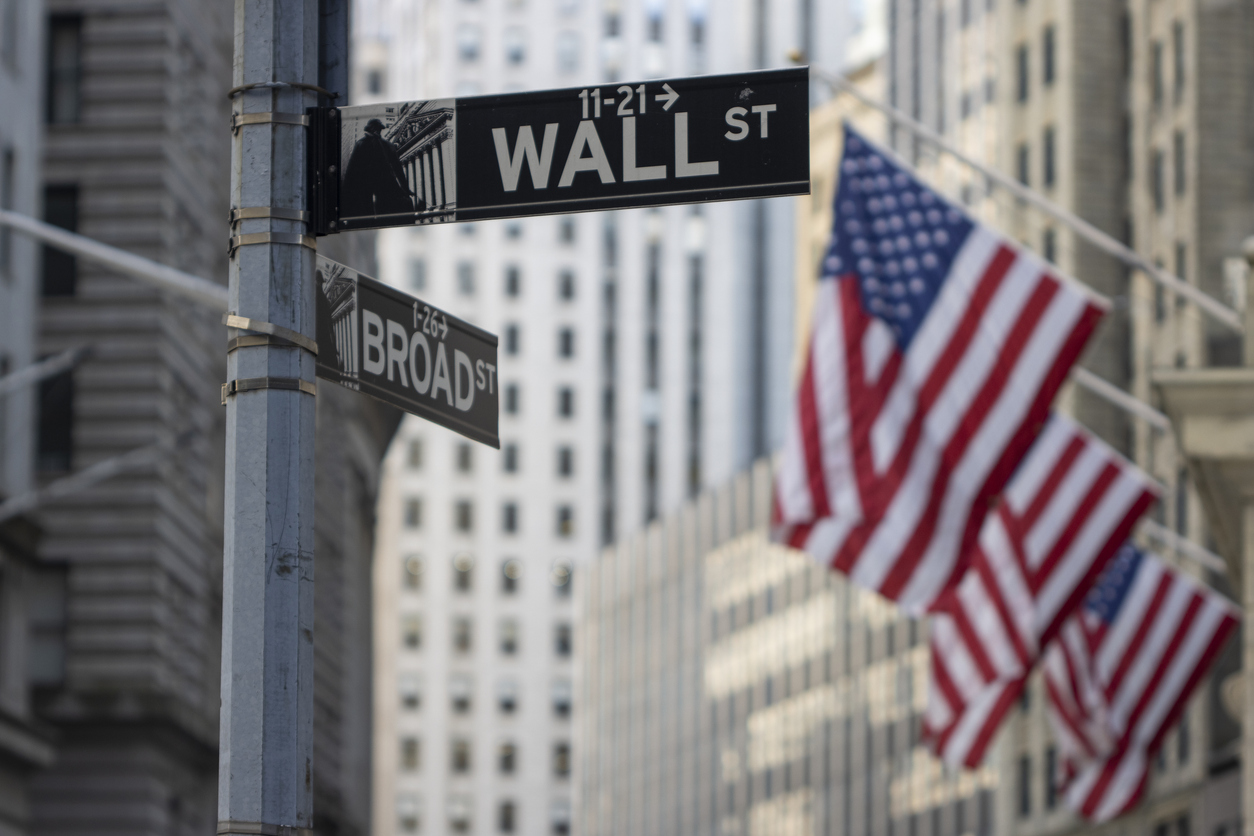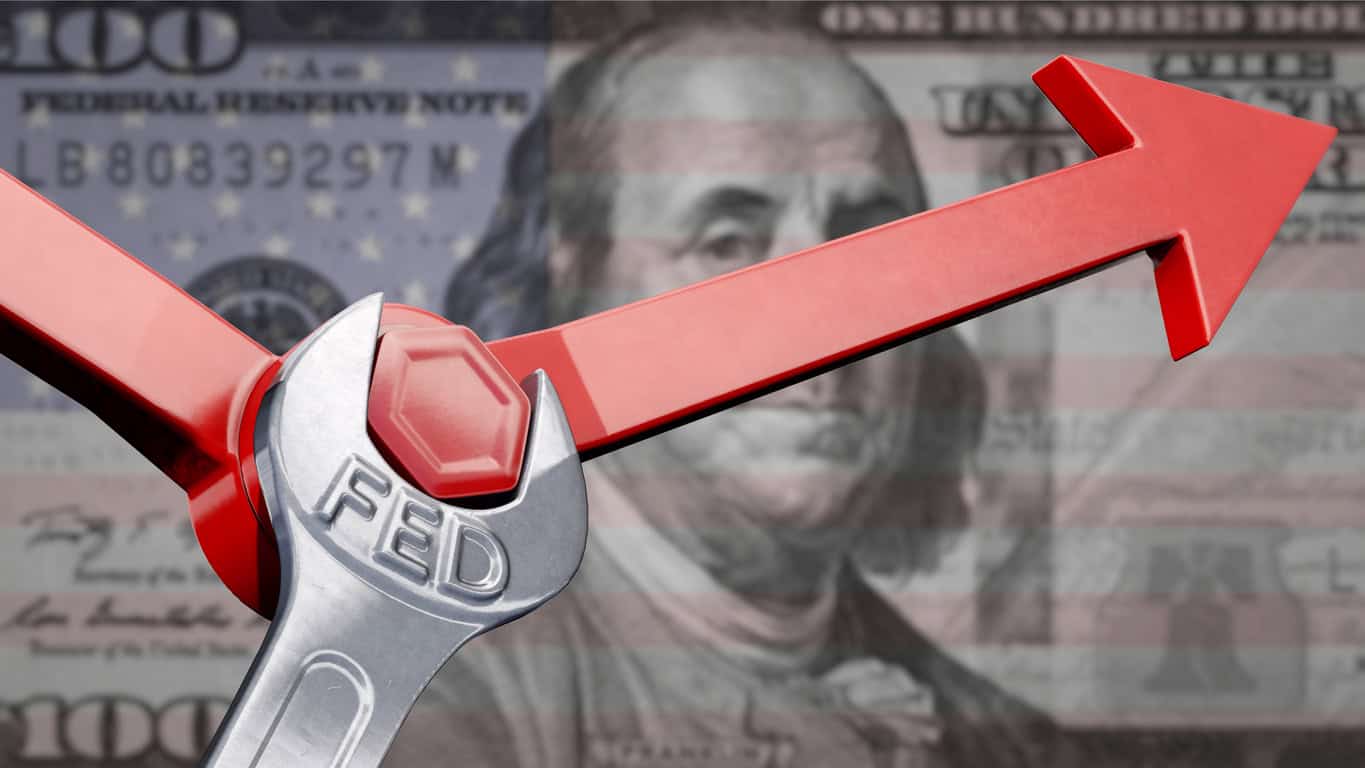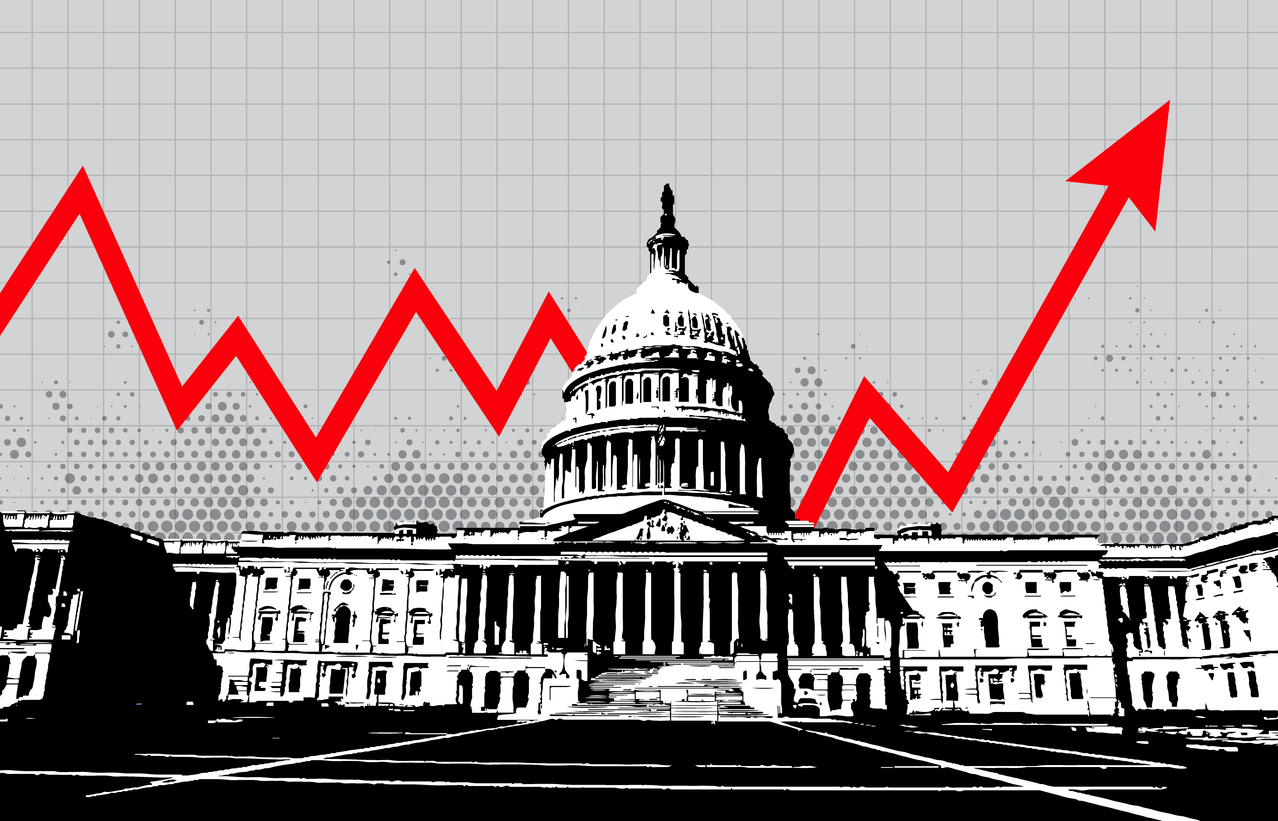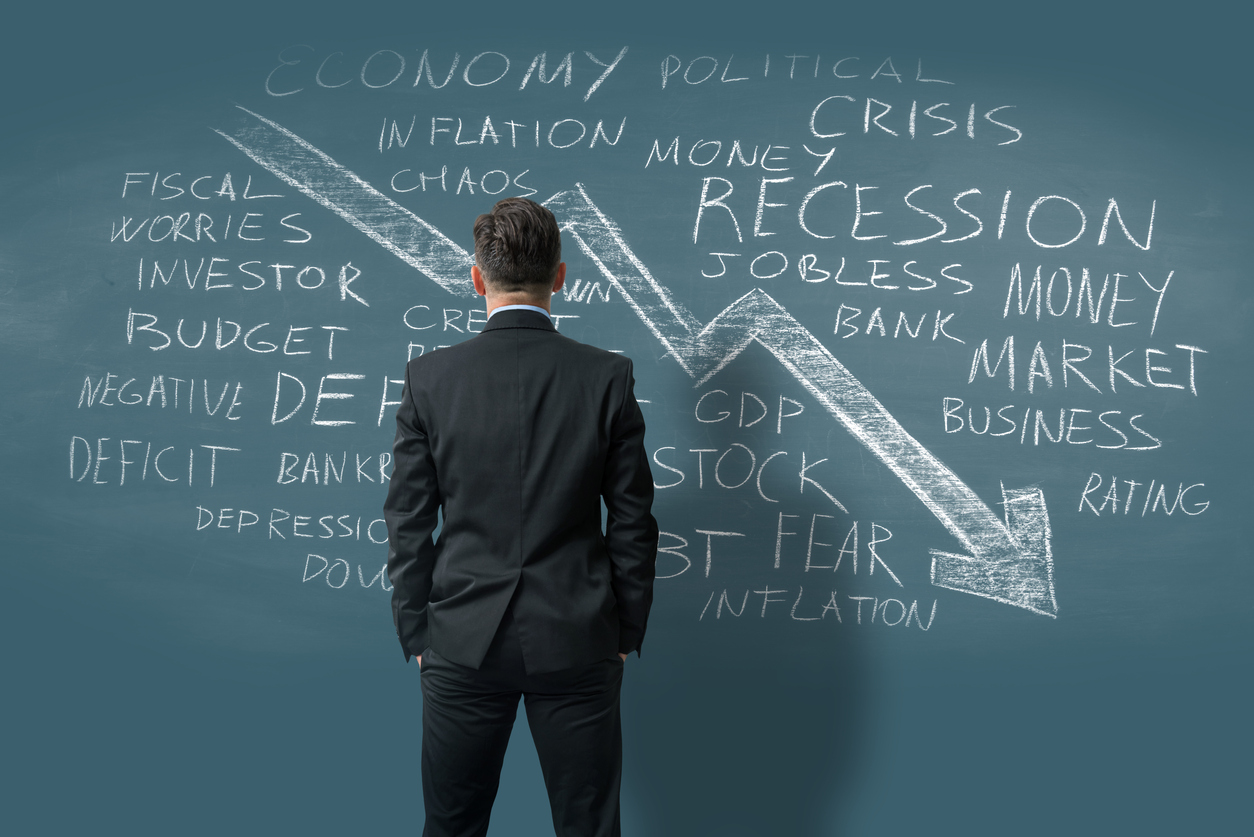
Stock Market Reactions to War and Terrorist Attacks: A Historical Analysis
The stock market is often seen as a barometer of a nation’s economic health and stability. Unsurprisingly, geopolitical events such as wars and terrorist attacks can lead to significant volatility. This article explores how key stock markets have reacted in the immediate aftermath of such events and the ensuing days and weeks, focusing on specific historical incidents.
1. The Attack on Pearl Harbor – December 7, 1941
When Japan attacked Pearl Harbor, it not only led the United States into World War II but also caused panic on Wall Street. On December 8, 1941, the first trading day after the attack, the Dow Jones Industrial Average (DJIA) fell by 3.5%. The market stabilized relatively quickly, reflecting the nation’s rallying sentiment towards the war effort and economic mobilization.
2. September 11, 2001 Terrorist Attacks
The terrorist attacks on September 11, 2001, resulted in an unprecedented immediate impact on U.S. financial markets. The New York Stock Exchange (NYSE) and other markets were closed for four trading days, the longest shutdown since 1933. When the markets reopened on September 17, the DJIA dropped 7.1%, marking one of its largest one-day point declines at the time. However, it’s noteworthy that the markets rebounded in the subsequent months as the initial shock waned and investors regained confidence.
3. The Beginning of the Iraq War – March 2003
The invasion of Iraq in March 2003 saw a different market reaction. Initially, there was considerable uncertainty and markets were jittery. However, once the military action commenced, the stock market actually began to recover from the prior weeks of decline. The DJIA rose 8.4% in the month following the start of the invasion. This rebound was likely due to the quick military advances and the perception that the conflict might be shorter than anticipated.
4. Russian Invasion of Ukraine – February 24, 2022
The recent Russian invasion of Ukraine saw immediate negative reactions in global stock markets. On the first day of the invasion, European stocks fell sharply, with Germany’s DAX and France’s CAC 40 both dropping about 4%. However, U.S. markets showed resilience; the S&P 500 ended the day down just 0.5%. Over the following weeks, market volatility continued, influenced by escalating sanctions against Russia and concerns about energy supplies.
Analysis of Market Reactions
In each of these instances, the initial market reaction was typically negative, driven by uncertainty and fear. However, the duration of the negative impact varied depending on subsequent developments, governmental responses, and changes in investor sentiment.
Key Takeaways:
- Immediate Impact: Stock markets tend to drop sharply right after a significant geopolitical event as investors react to increased uncertainty and risks.
- Recovery Phase: The recovery can be swift if investors perceive that the event’s impact on the global economy will be limited or well-managed.
- Long-term Trends: Long-term market performance is more influenced by underlying economic fundamentals and less by the immediate effects of shock events.
Conclusion
Historical analysis shows that while wars and terrorist attacks initially shock financial markets, the long-term effects are more nuanced and dependent on broader economic conditions and responses. Investors and policymakers alike can benefit from understanding these patterns, which can aid in making informed decisions during times of crisis.
Let Hennion & Walsh Offer a Second Opinion
Curious to learn more? Our unmatched client experience will give you peace of mind. Just as you may seek a second opinion about your health, we believe successful investors can gain value and peace of mind by getting a second opinion on their financial health. So, whether you’re worried about today’s uncertain economic environment or looking for increased peace of mind, we can help. Get a complimentary second opinion on all your investment accounts not held at Hennion & Walsh today!
Hennion & Walsh Experience
At Hennion & Walsh, every client, every individual investor, is assigned a dedicated team of investment professionals, planners, and portfolio managers, who collectively analyze your situation through the lens of their respective disciplines.
Each member brings valuable insights to apply to your situation. Whether you’re looking to meet your income needs today or stock market growth for your future, we have an expert sitting with you, helping you, and guiding you through all the scenarios to help you live the life you want.
Hennion & Walsh distinguishes itself in the investment industry with its exceptional in-house team of specialists committed to your success. Unlike other firms that rely on impersonal call centers, Hennion & Walsh provides direct access to experienced bond experts, CERTIFIED FINANCIAL PLANNER (CFP®) professionals, Chartered Financial Analyst (CFA)® charterholders, annuity professionals, and a proficient internal fixed-income trading team. Our customer service team is exceptional, ensuring that every client receives the dedicated attention and support they deserve.
Disclosures:
This commentary is not a recommendation to buy or sell a specific security. The content is not intended to be legal, tax or financial advice. Please consult a legal, tax or financial professional for information specific to your individual situation. Investing involves risk including possible loss of principal. Past performance is no guarantee of future results. Diversification does not guarantee a profit or protect against loss.



